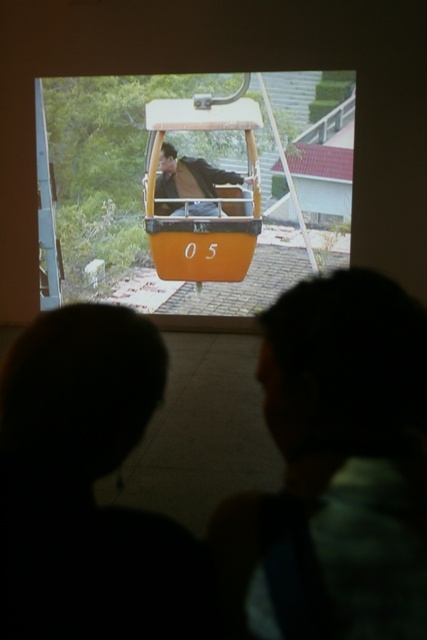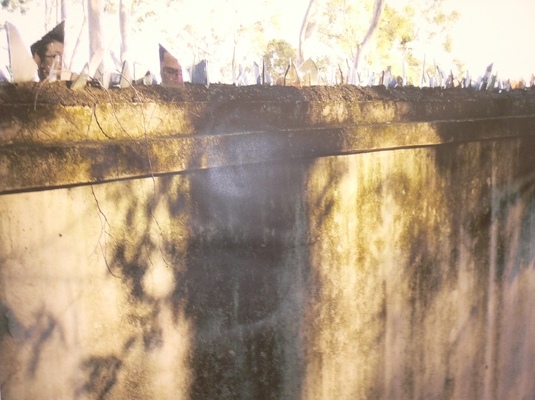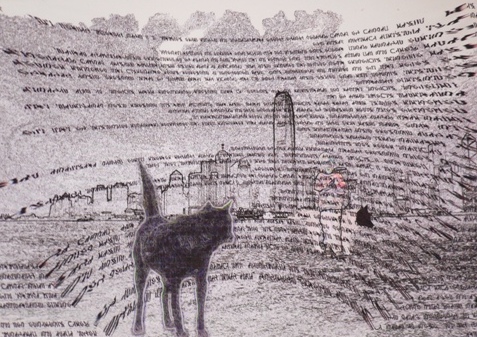Opening
April, 2005
Duration
April, 2005
Location
CEAC, Xiamen, China
 Illusions of Memory — Rachel Tang
Illusions of Memory — Rachel Tang
During our daily life, moving form one place to another in time and space, we selectively collect fragments of life, which we remember and use for our experience that we need in order to go further.
We store this information in our memory. But then the question is: can we say that our memory gives us the meaning of our existence as human beings and does it make each life of an individual being different?
How can we catch and hold the senses with time and space? What affects our decision to choose a certain time, place or people to remember and others not? Why do our memories lock up some parts on the other side of the high wall and put the sharp broken glasses on the top of it for keeping them away from us so that what we see through the small hole on the wall is only an illusion of memory?
This is exactly what the work: Illusions of Memory, Made in China is dealing with.
Our daily view
People we meet
Places that attach us highly
The role of time and speed in memorizing things
If the memories were books on the shelves in our library, do we then read those books and use them as references for our life? Or do we just leave them on the shelves and enjoy their existence without touching them?
?In order to enrich our library how de we select each book? If we choose not only real stories but also a lot of dream and fantasy books are they then an illusion of our memory, which we store on the shelves so that we can escape from the thought of reality?
Is it true that history books in our library are one of the biggest illusions of our memory?
While human beings are blindly involved in building social memories that controls themselves, the memories are built by the history of our countries.
What about the memory, which is built up by world history instead of the memory that originate from our own country, which is in our time becoming much stronger and even using heavy weapons dominate us by the economical and political commercial media to built fake memories around us like high walls?
How come that the world has become so small for the human being and that everyone memory has become so similar.
How can our memory separate time, places and people from each other so that we
can survive to be ourselves ?to have our own memory and live as an unique individual?
The largest human population is living here in China. Is the human being unique?















